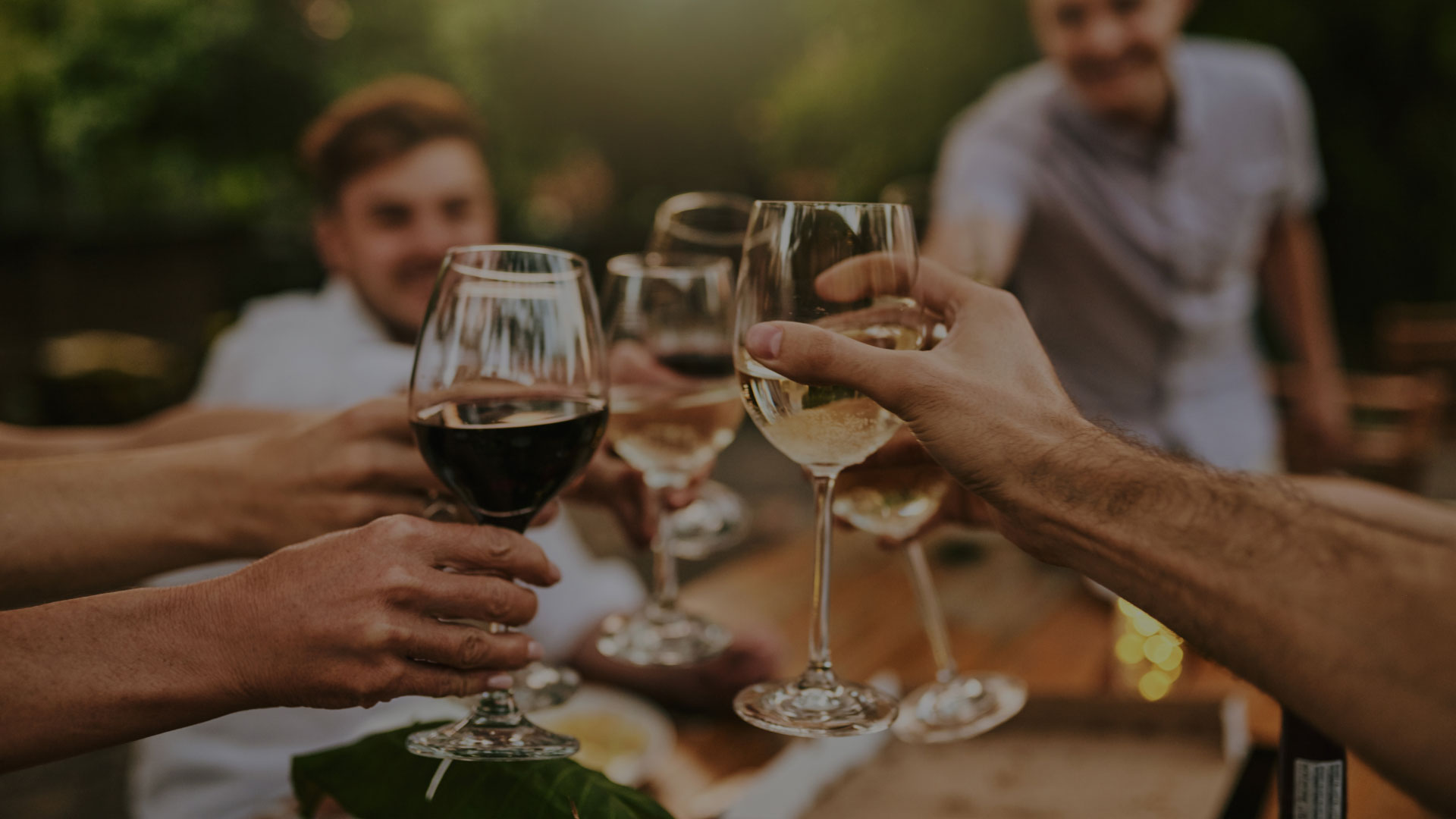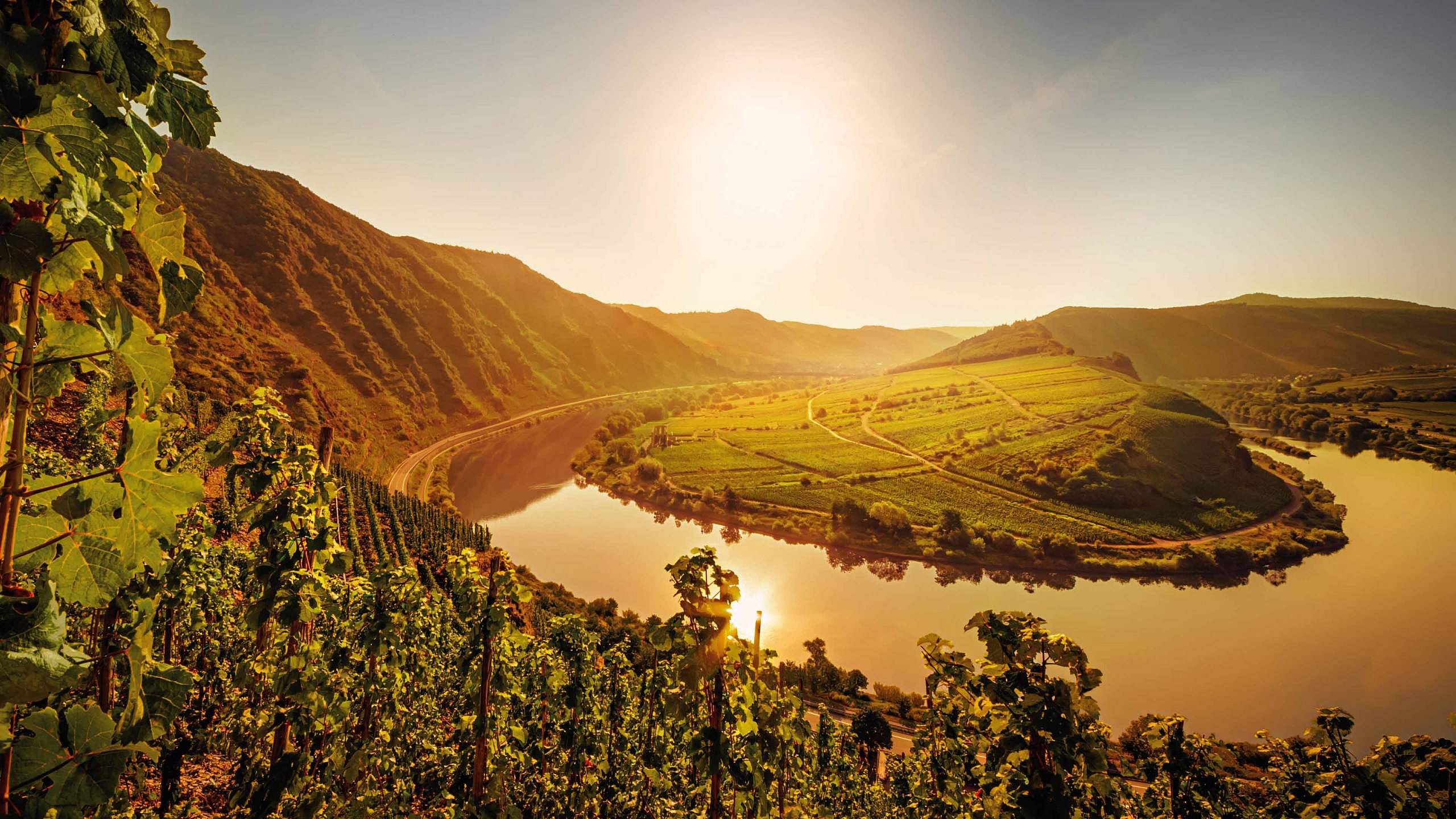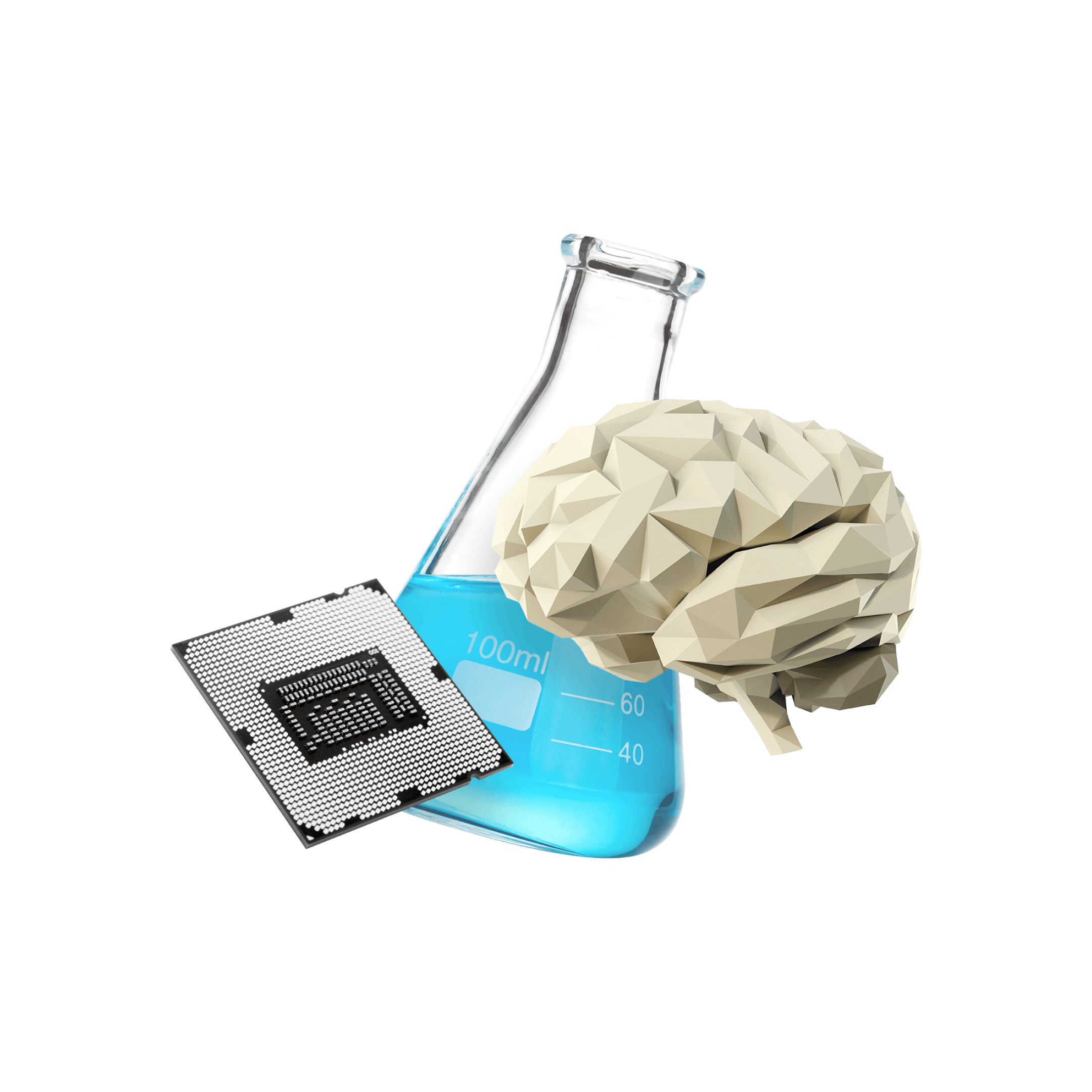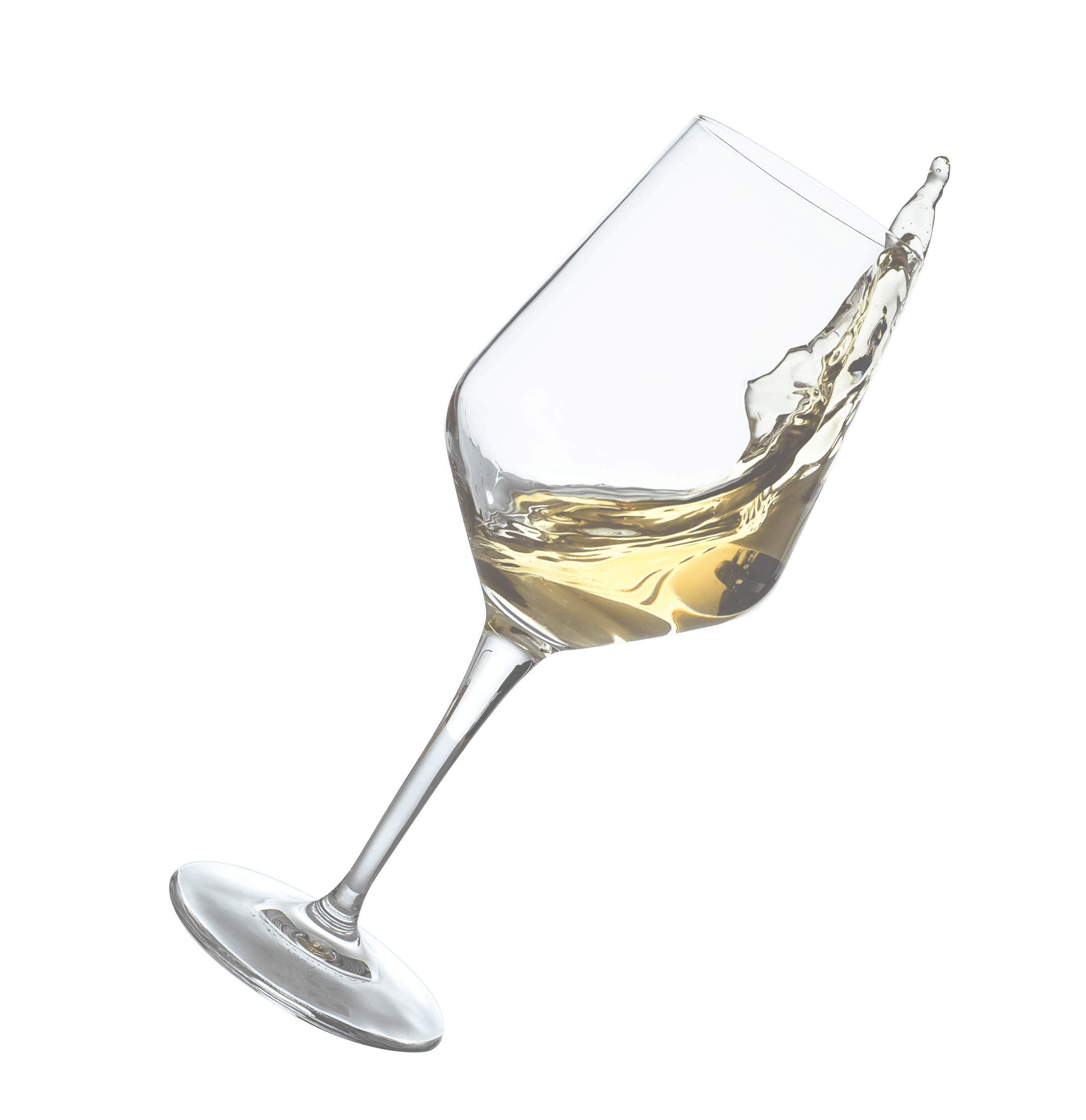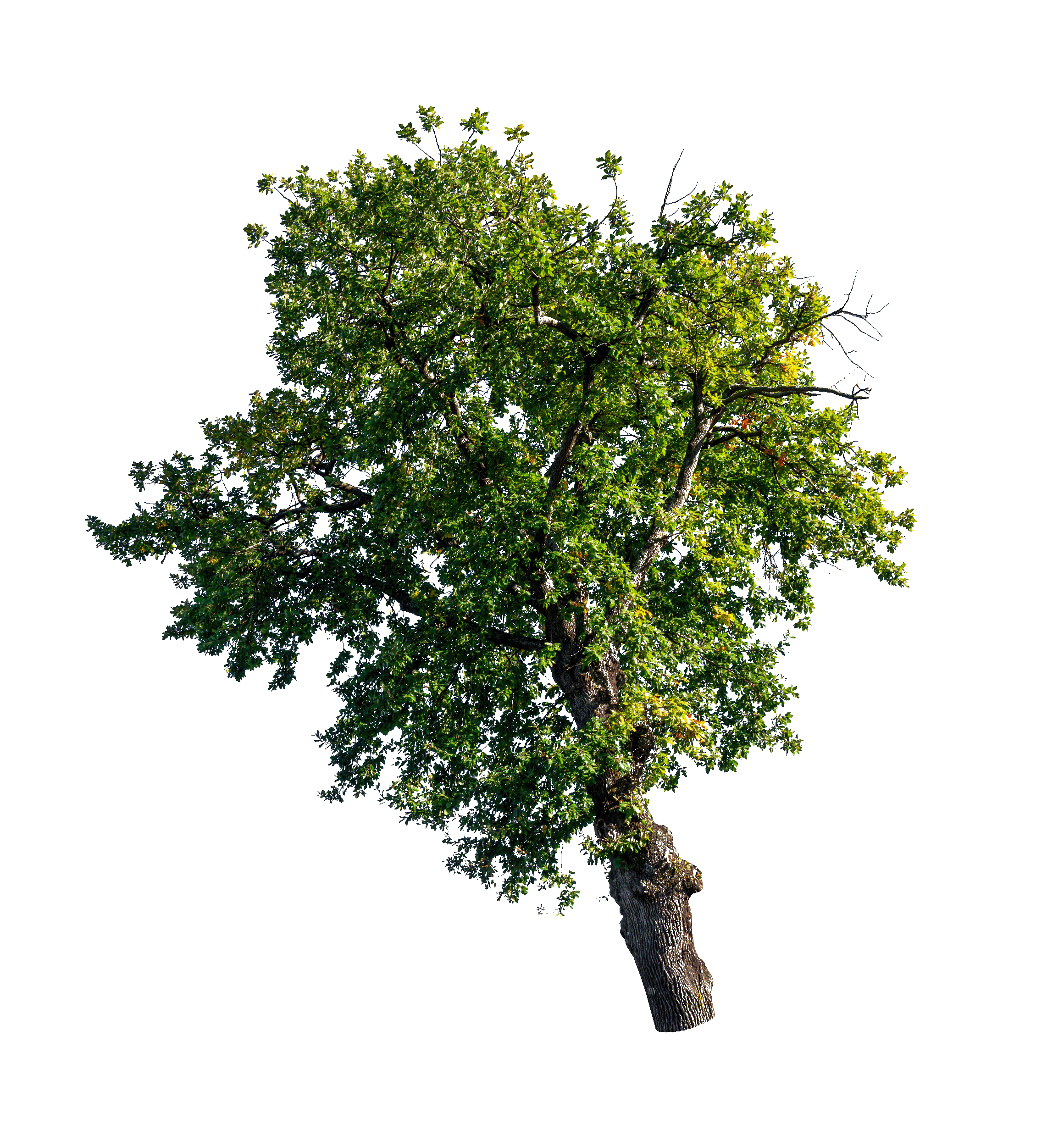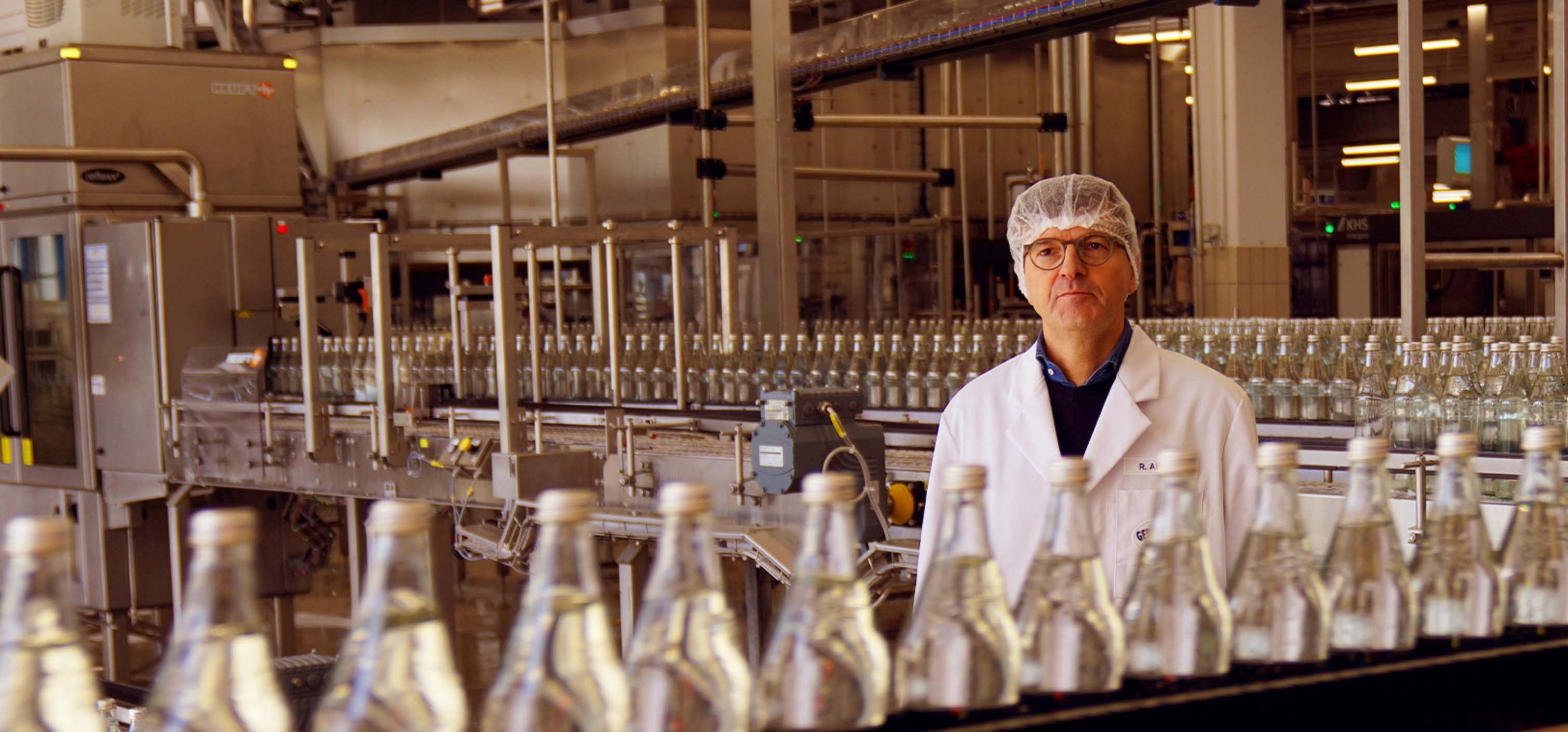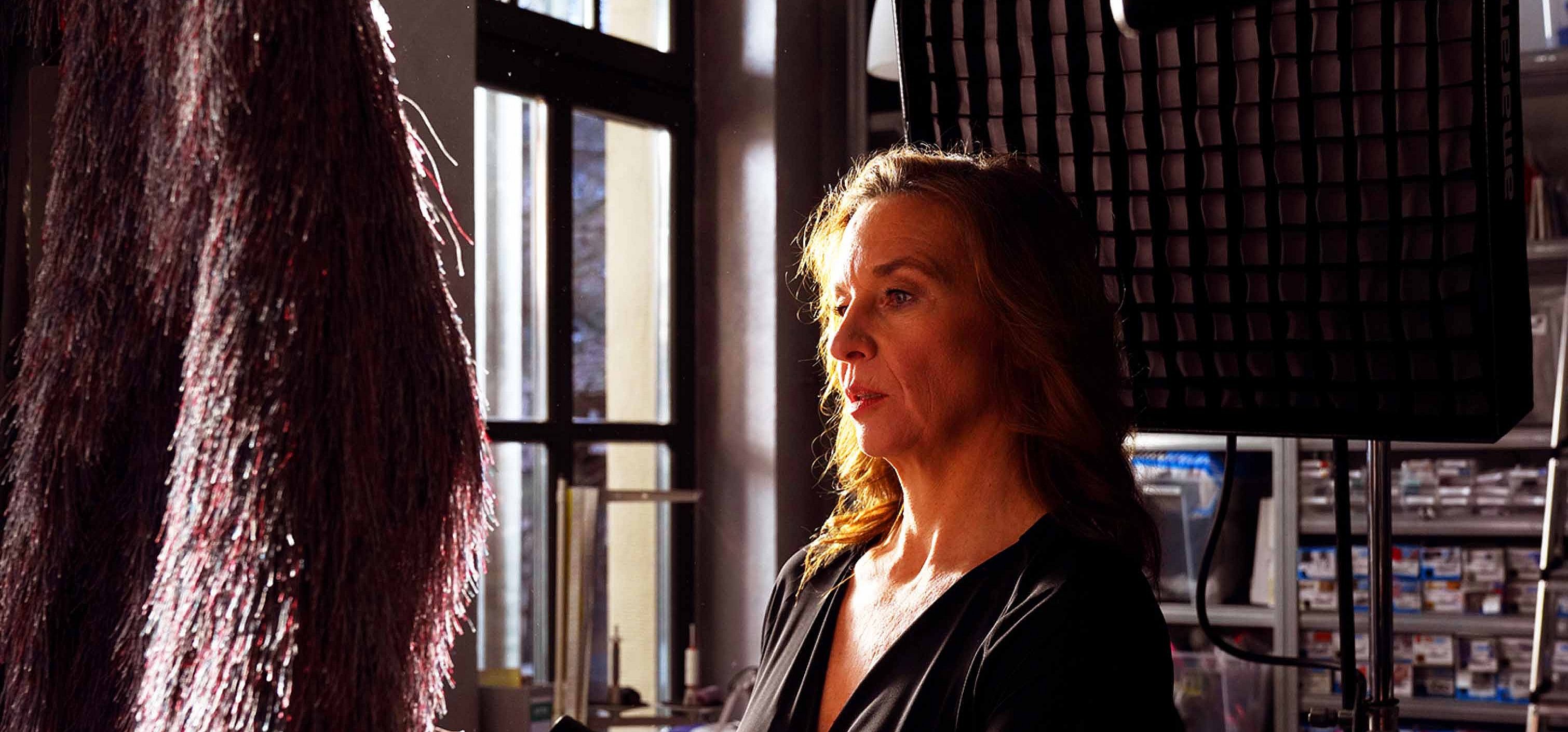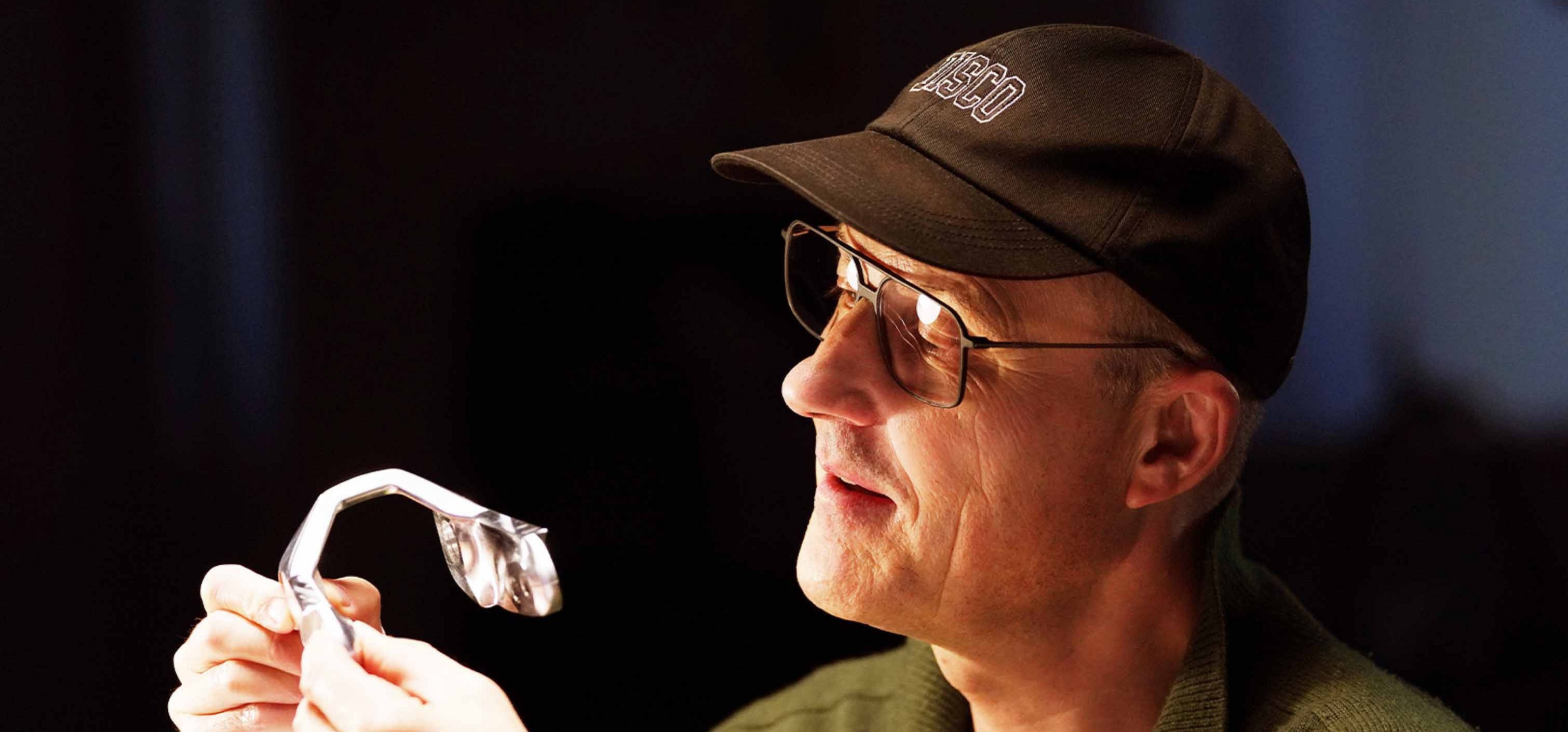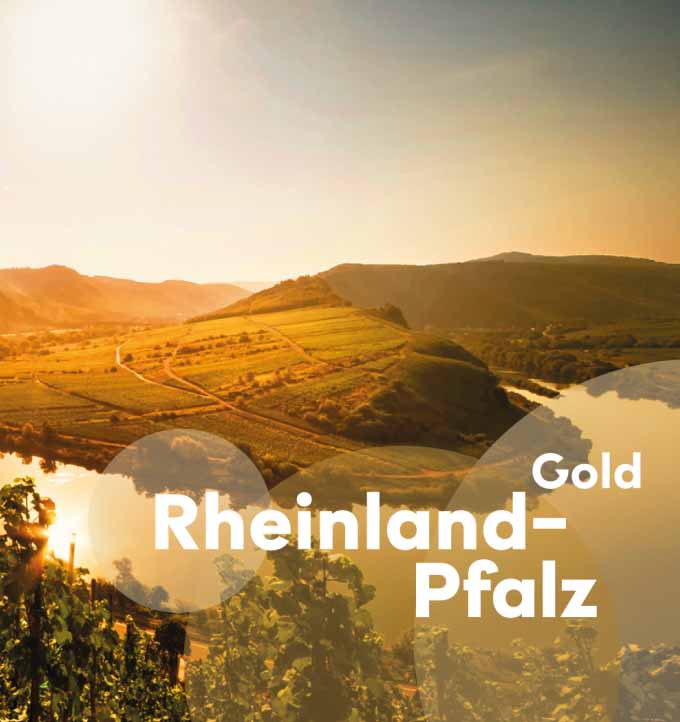We’re happy you’re here! Do you want to know a secret? One that has been powering Rhineland-Palatinate for thousands of years? People here know the golden formula for progress: zest for life plus openness equals innovation. Sounds pretty simple, actually. But for this formula to succeed, all the conditions have to add up. Just like they do here. Why don’t you come by sometime?
Themen
Further information can be found here:
Tourism and Experience
Investments
Make it in Rhineland-Palatinate
